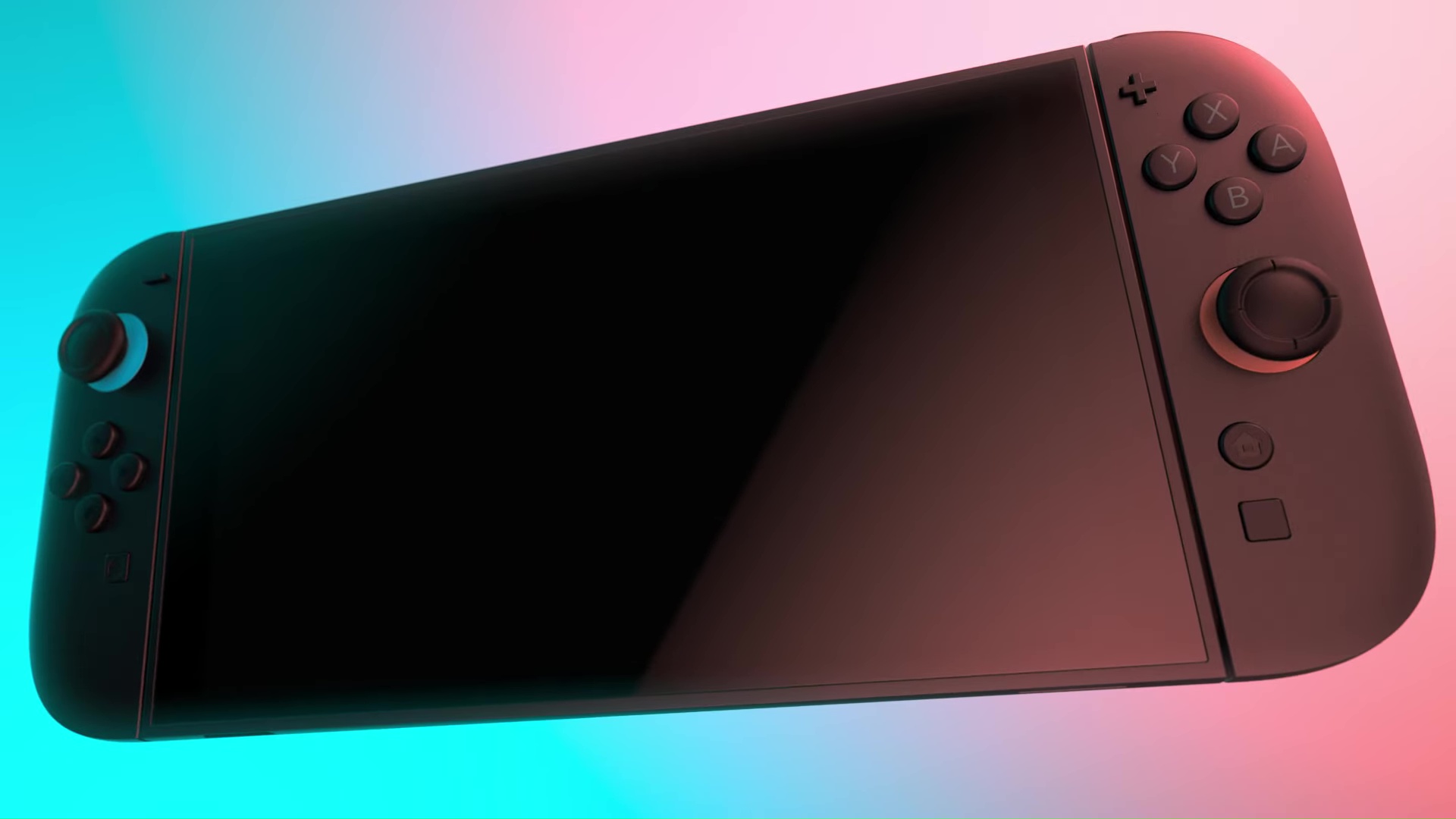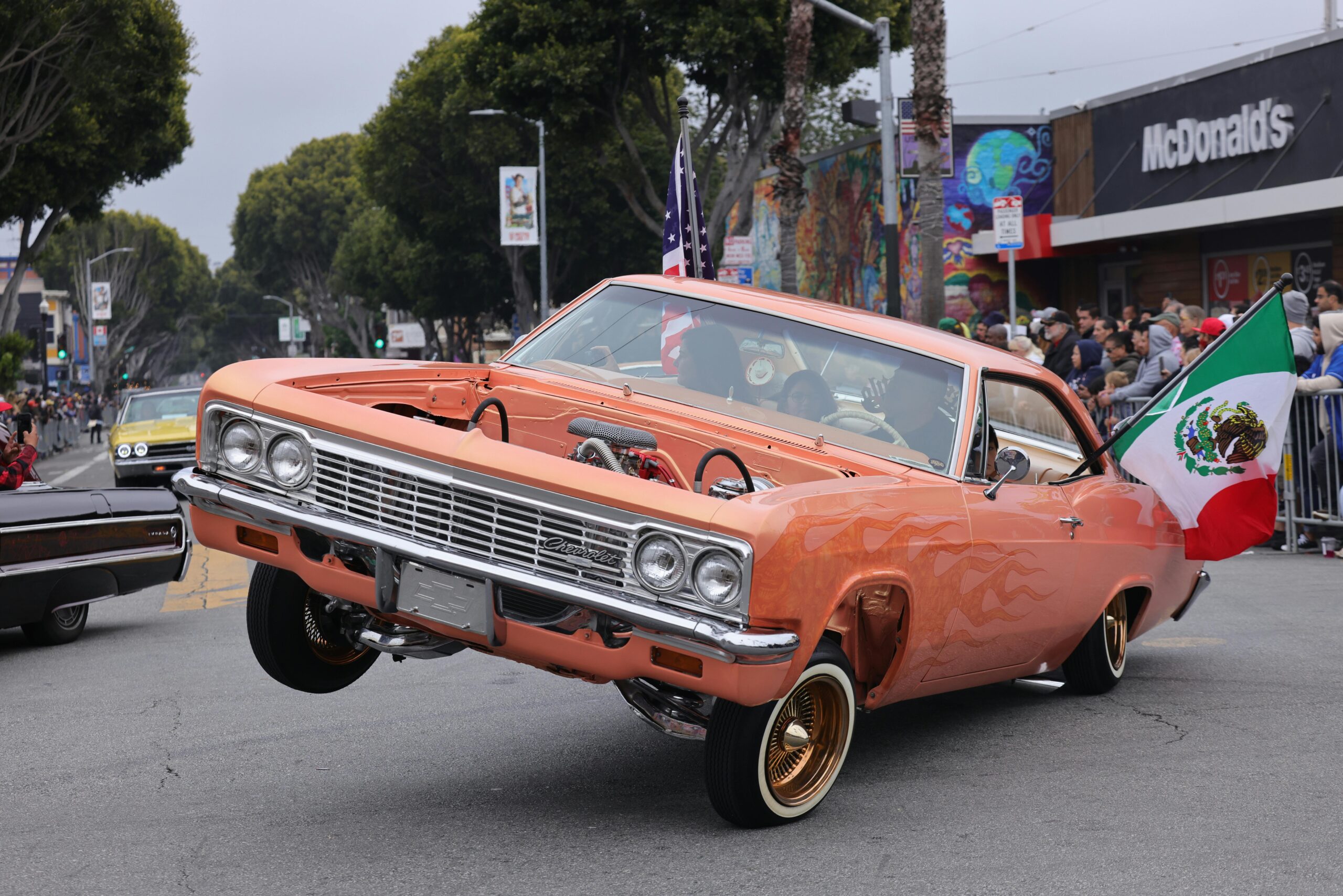Nintendo Introduces Anti-Arbitration Clause in EULA, Limiting Consumers’ Legal Options

In a recent update to its End User License Agreement (EULA), Nintendo has added a new section that includes an anti-arbitration clause, making it more challenging for consumers to take legal action against the company. The clause, found in section 16 of the agreement, prohibits users from filing class action lawsuits against Nintendo, opting for arbitration as the preferred method of dispute resolution. This means that users and Nintendo are required to settle any disputes through individual arbitration, waiving their rights to sue in court, have a trial by jury, or participate in class actions. However, users do have the option to opt out of the arbitration clause by sending a written notice within 30 days of agreeing to the EULA. If they choose to do so, any disputes will be governed by Washington State law and must be resolved in King County courts. Both parties are expected to attempt to resolve any claims informally in ‘good faith’ before pursuing legal action. This move by Nintendo comes in light of past class action suits regarding Joy-Con drift issues, suggesting that the company is proactively addressing potential future lawsuits. Overall, this update to the EULA reflects Nintendo’s efforts to limit legal challenges and streamline the dispute resolution process for dissatisfied users.








